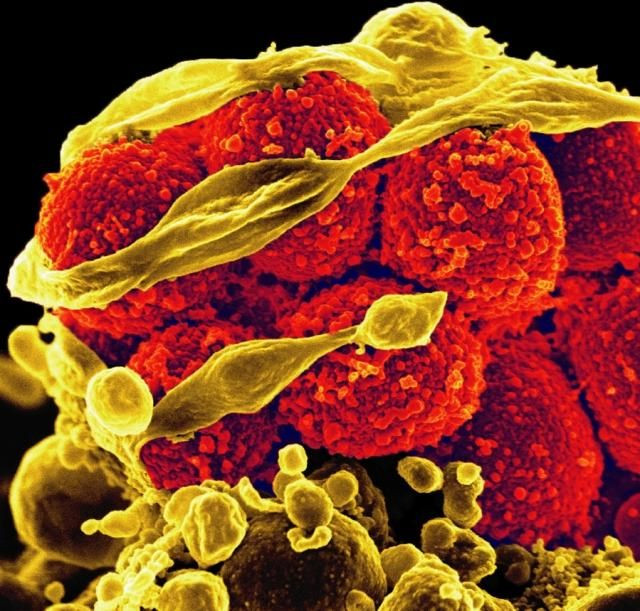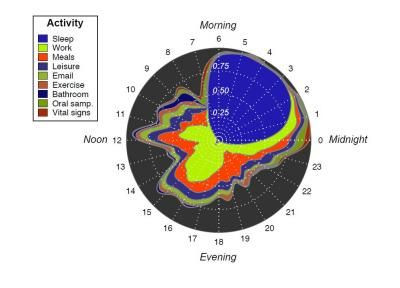Gut Bacteria Appear To Live Parallel Lives To Our Own Inside The Digestive System

For anyone who’s ever wondered whether microbes living within the digestive system live parallel lives to their human hosts, the answer is yes — and we know this because of smartphones.
Two study participants used smartphone apps every day for a year to meticulously record diet, exercise, bowel movements, and mood. They also submitted saliva and stool samples on a regular basis to allow analysis of how a person’s microbiota, the assortment of bacteria living within the body, adjusts to events here in middle space. Although scientists believe the individual composition of our microbiota affects health, the inner world of the human digestive system remains a bit murky.
Researchers led by MIT and Harvard University say the year-long study shows that the two participants had a “default” microbiota unaffected by sleep, exercise, and mood. However, the bacteria were not completely immune or indifferent to events in the human world, according to Lawrence David, a professor at Duke University who participated in the study. In response to a move abroad and a case of food poisoning, the “community of bacteria” adjusted itself in both study participants.

"I was surprised by our results in several ways,” he said in a press statement. “First, I wasn't sure we would find correlations between fiber intake and gut bacterial dynamics on such short timescales. And I was amazed to see how profoundly a single food poisoning event impacted the gut bacteria.”
In that case, most of the study participant’s pre-existing species of gut bacteria declined, with more minor effects from diet manifesting within a single day — a point of inquiry for future study. Publishing the study Thursday in the journal Genome Biology, the researchers said the smartphone method could be expanded for a wider study on the day-to-day minutia of interplay between human and bacteria.
“This has given us a lot of new ideas for follow up studies and analyses of gut microbial ecology, as well as enteric infectious diseases in humans,” David said.
Source: David, Lawrence A., Materna, Arne C., Friedman, Jonathan. Host lifestyle affects human microbiota on daily timescales. Genome Biology. 2014.



























